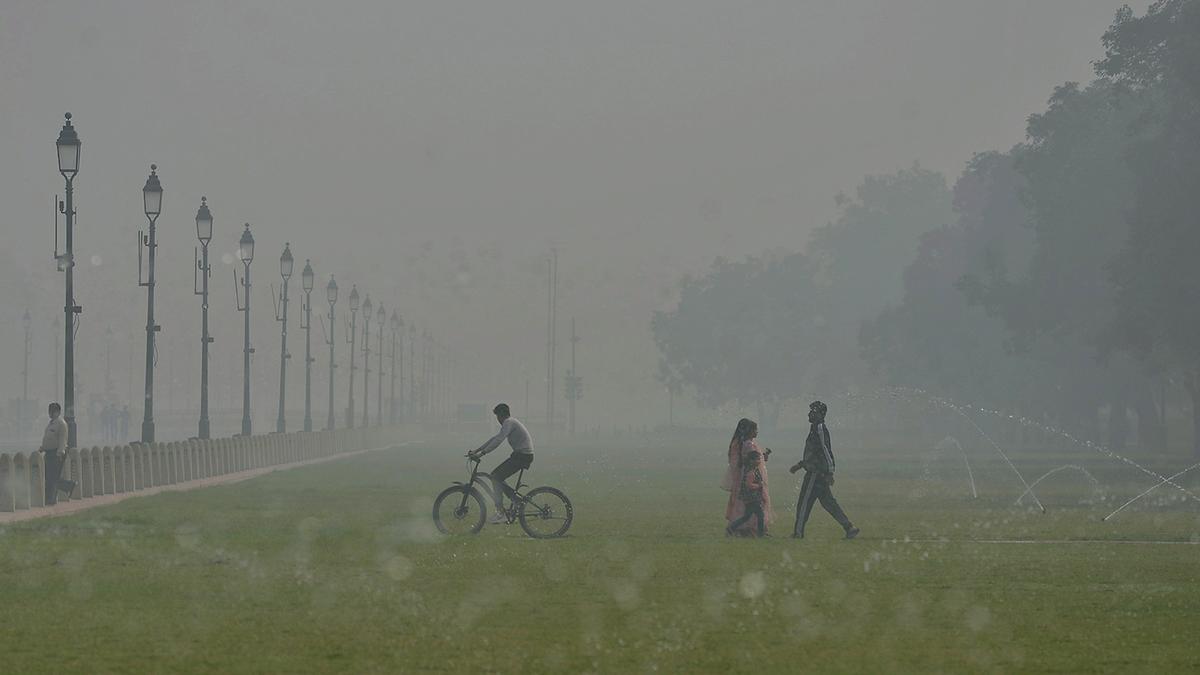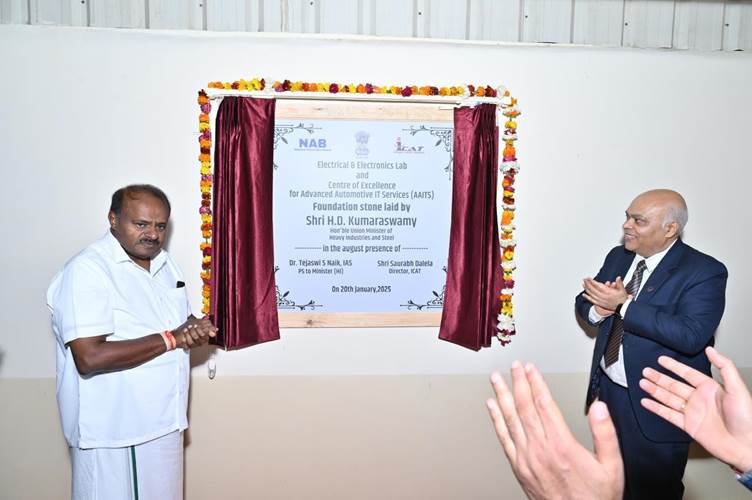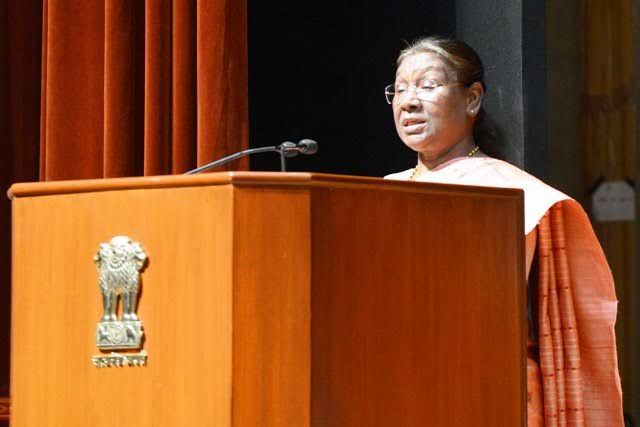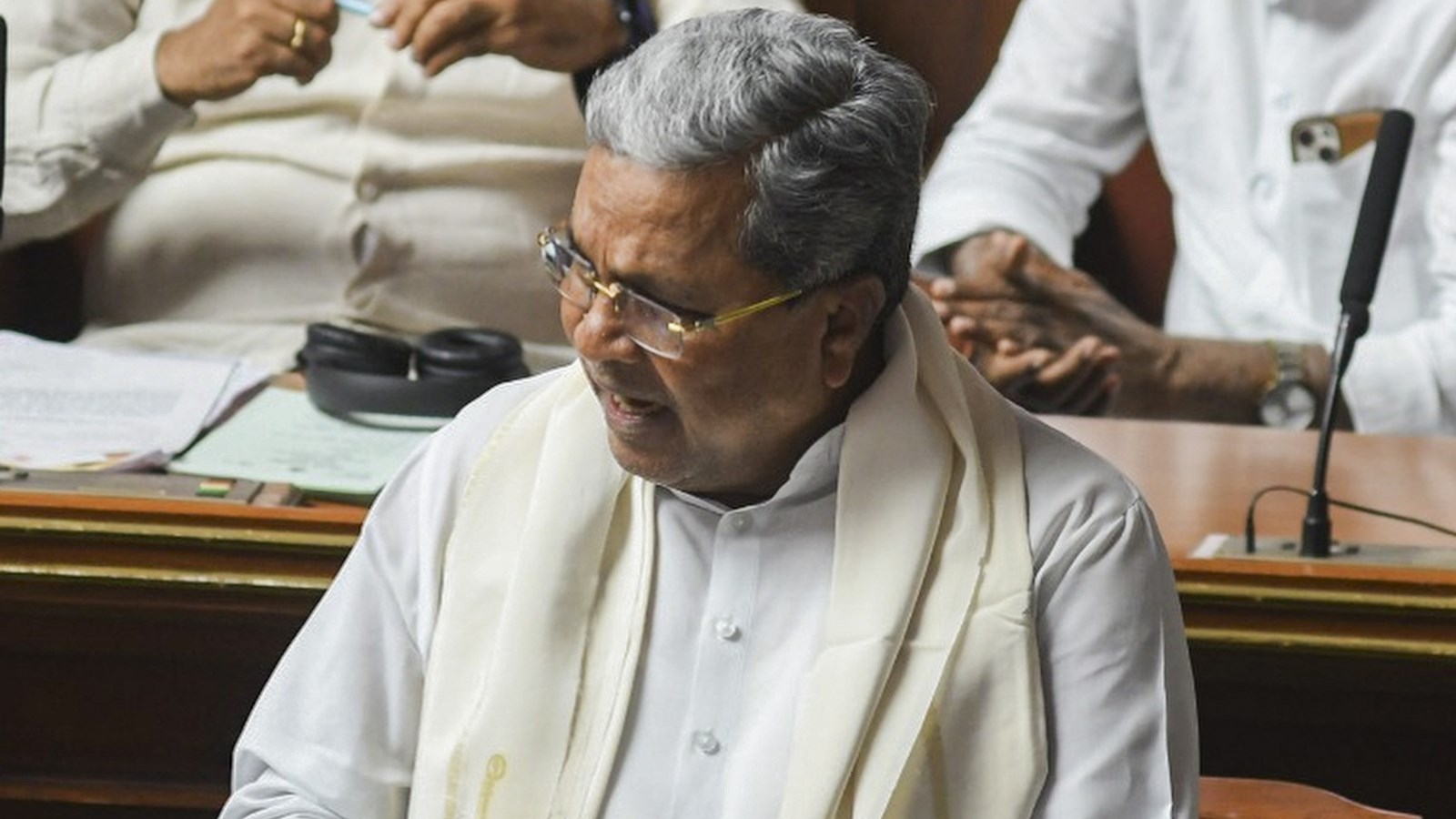The Supreme Court of India on Monday, November 18, 2024, issued a directive ordering the closure of schools across the entire National Capital Region (NCR) due to the worsening air quality. The Court also upheld the imposition of GRAP Stage 4 restrictions in Delhi, which will remain in effect until further notice. These measures come after the Commission for Air Quality Management (CAQM) was heavily criticized for delaying the enforcement of Graded Response Action Plan (GRAP) curbs under Stage 3 and Stage 4.
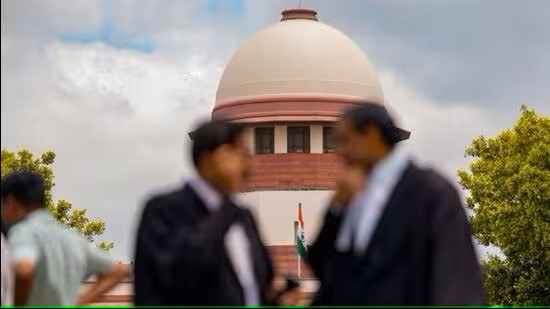 In its remarks, the Supreme Court expressed concern over the delay, emphasizing that the CAQM’s failure to act promptly had exacerbated the situation. The Court noted that the air quality in Delhi had reached what could be considered one of its worst levels. At 4 pm on Monday, the 24-hour average Air Quality Index (AQI) was recorded at 494, which falls within the “severe” category. While AQI readings have surpassed 490 in the past, the Court pointed out that the current monitoring network is far more extensive, making this level of pollution even more alarming.
In its remarks, the Supreme Court expressed concern over the delay, emphasizing that the CAQM’s failure to act promptly had exacerbated the situation. The Court noted that the air quality in Delhi had reached what could be considered one of its worst levels. At 4 pm on Monday, the 24-hour average Air Quality Index (AQI) was recorded at 494, which falls within the “severe” category. While AQI readings have surpassed 490 in the past, the Court pointed out that the current monitoring network is far more extensive, making this level of pollution even more alarming.
A combination of factors—including a sudden drop in temperatures, reduced wind speeds, a shift in wind direction, and pollutants from local vehicles as well as smoke from crop-burning in Punjab—have combined to create a thick blanket of smog over the city. As a result, the Supreme Court ordered that schools in Delhi NCR remain closed, with the option for online classes to be considered. The Court directed Delhi and other NCR states to decide on the matter and communicate their decision by Friday.
The Supreme Court further ordered that the GRAP Stage 4 restrictions, which include a ban on construction activities and limiting public and private offices to operating at half strength, continue until further orders. Stage 4 also mandates a ban on heavy goods vehicles entering Delhi, except for those transporting essential goods.
The Court’s action followed concerns about the delayed response by the CAQM. GRAP Stage 3 restrictions should have been enforced on November 12 when the AQI crossed the 400-mark, indicating “severe” pollution. However, it was only after a hearing on November 14, prompted by amicus curiae Aparajita Singh’s observations on the escalating pollution levels, that the CAQM enforced Stage 3 measures. The Court criticized this delay, with Justices Abhay S. Oka and Augustine George Masih telling CAQM representatives, “It is because of your default that we are facing this situation today.”
While the CAQM had initially delayed imposing the curbs, citing hopes of improvement in air quality due to changing weather conditions, the Court rejected this approach. “You cannot take that risk,” said the bench, questioning the reliance on weather forecasts in such a severe scenario. “The approach adopted by the commission seems to be that it decided to wait for improvement in AQI to impose curbs under Stages 3 and 4. This is a completely wrong approach.”
In addition, the Court expressed concern about the impact of farm fires, a major contributor to Delhi’s pollution. Though Punjab and Haryana authorities had reported a decline in stubble burning, a NASA scientist presented data suggesting the opposite—farm fires had increased, albeit at times when the satellite monitoring the region passed over the area. The bench directed the Centre and CAQM to collaborate with geostationary satellites to obtain accurate data on farm fires and make this available to the states to guide further actions.
The Court stressed the constitutional obligation of both the Centre and state governments to ensure that citizens can live in a pollution-free environment, further instructing the CAQM to assess if additional curbs under GRAP 3 and 4 are necessary, given the worsening air quality.
As the situation in Delhi continues to worsen, the Court’s orders are a crucial step in mitigating the immediate effects of the pollution crisis.

